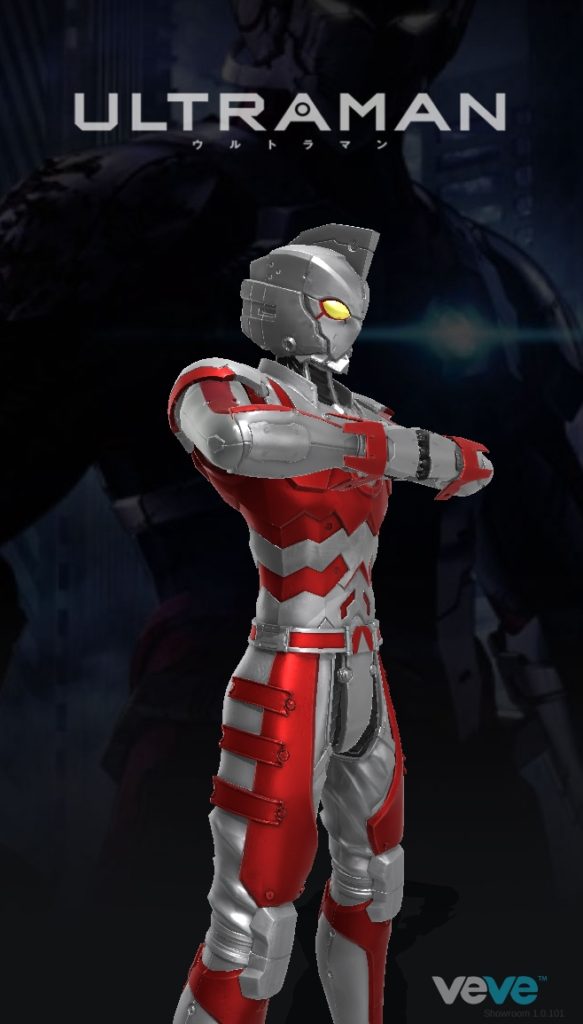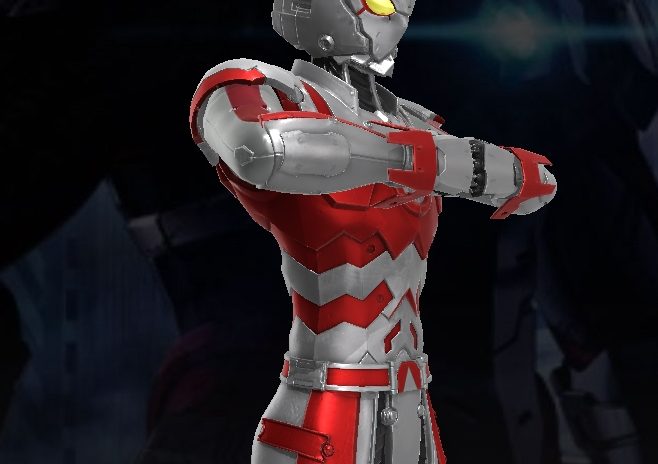Protect your Intellectual Property with an NFT
NFTs are now universal. However, how can they integrate into the current legal and regulatory frameworks?
Non-fungible tokens, or NFTs, are exploding in the entertainment and digital industries. An NFT is a one-of-a-kind crypto asset that is connected to a work of digital art, music, collectable, or in-game product. This is analogous to a baseball or Pokémon card, other than in the modern world. NFTs, like cryptocurrencies (such as Bitcoin and Ethereum), use blockchain technologies to document ownership and verify legitimacy. Unlike bitcoin, each token is unique (i.e., non-fungible). The majority of NFTs are registered on the Ethereum blockchain.
Any NFTs, such as the NBA “moments” at NBA Top Shop, are held on a blockchain system. Many NFTs are purchased and traded using cryptocurrencies on marketplaces such as OpenSea. So what exactly are you purchasing?

-
So, who holds the rights of an NFT’s underlying work?
Unless and until the author(s) pass ownership rights in their work to somebody else, the author(s) own all the copyright for their work. So, since the NFT involves a copyright transfer in the underlying asset, the owner holds the copyright, not the NFT holder. It is important to recognize the author or writers so such rights, such as the right to cancel copyright transactions after a certain amount of time, cannot be waived, except if marketed on an NFT.
The writers can transfer ownership rights at any moment, as long as the transition is in writing and authorized by the rights holders. Until any of these things occur, the writers maintain possession of the copyright.
The unpredictability of NFTs – How can you enforce the “signed publishing” provision of copyright law in the form of blockchains that use digital wallets and confidentiality?
Will copyright ownership transfer through blockchain transactions be recognised?
How will NFT assignments be registered or mirrored with the USPTO? Where law and technology will meet?
In this case, unless the purchase expressly states otherwise, buying an NFT does not guarantee you access to the underlying asset’s intellectual property. It’s the same as buying paintings from an auction. You are buying digital art, crypto-art, token-art, or whatever you would like to label with NFTs. Since you did not buy the (digital) art to hang on your (digital) wall, you cannot prohibit anyone from showing versions of the (digital) art because you do not hold the copyright.
While you are unable to acquire the original copyright, NFTs can have additional benefits. For example, NFTs can allow musicians to give fans who buy their albums exchanged on an NFT blockchain network free entry to theatre tickets or merchandise. NFTs might also be able to restrict access to the range of electronic copies available in the store, similar to how vinyl albums were limited in quantity back in the day.
NFT ownership is similar to fan support rather than tangible asset ownership.
Furthermore, you are limited to informal, non-commercial purposes, which means you cannot benefit from NFT ownership outside the Top Shot marketplace, in which you can market your Moment to other Top Shop customers. Such limitations on the possession of the NBA NFT that greatly impair. your rights as a Moment owner are as follows:
- You are not allowed to alter the artwork in your Moment.
- You are not permitted to use the art of your Moment to promote, distribute, or sell any third-party goods and services.
- You should not use the art of your Moment to portray hatred, intolerance, brutality, cruelty, or hate speech, or in any way that violates the rights of others.
- And also for your own personal, non-commercial use, you can not use the art in your Moment in any film, animations, or other types of media.
- You may not transfer, share for profit, or otherwise market and sell the art in your Moment.
- You are not permitted to attempt to patent, licence, or otherwise obtain additional intellectual property rights in your Moment
If you break these rules, you will instantly lose control of your NFT. Also, when you exchange, sell, recycle, give away, transfer, or otherwise dispose of your Moment, you forfeit your right to showcase and display it to your crypto-curious peers. And if you completely comply with all of your commitments and retain your Moment, you may still lose your NFT possession due to account termination.
Conclusion:
New opportunities provided by NFTs can benefit a lot of performers, artists, brands, entrepreneurs, developers, and consumers for new business possibilities. The difficult part starts when infringed copyrights are submitted to an NFT and there have been years of purchases. It would be exciting and nerve-racking to see how it plays out. In addition to IP registrations, defining the scope of privileges that would follow an NFT requires a great deal of deliberate thinking that incorporates an overall IP strategy.
Non-fungible coins, in short, will not make copyrights, trademarks, patents, or trade secrets fungible. It will alter the way we monetize and exploit intellectual property in the marketplace, hopefully for the best.
If you need assistance with copyrights, patents, crypto, or NFTs, intellectual property laws, please contact us here or Schedule a free consultation with our Crypto professionals.

